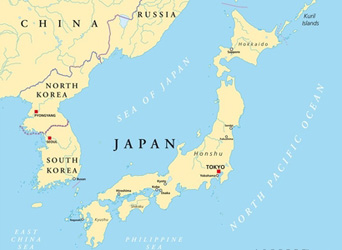
North Korea is a source of security tensions in Northeast Asia, and the regime there poses a range of problems for its own people, its neighbours and the wider world. According to an IISS Strategic Dossier (July 2011), the threats emanating from North Korea include its two nuclear programmes, the world’s third largest chemical weapons arsenal, a range of ballistic missiles, and the world’s fourth largest army. North Korea is the most militarised country on earth. In the past, it has launched Nodong and Taepodong missiles over Japan, and in 2010 it attacked the South Korean island of Yeonpyeong, resulting in the death of two marines and two civilians on the South Korean side.
Will the sudden death of General Kim Jong-il in December last year and the leadership transition to the young Kim Jong-un ease the tension? What are the prospects for a resumption of the six-party talks, and an end to threats of violence against neighbouring countries? On the other hand, the country inherited by Kim Jong-un is internationally isolated, subject to economic sanctions and afflicted by extreme poverty, presenting a constant risk of internal collapse. All in all, North Korean instability poses one of the most complex contemporary challenges to international security. Three speakers will discuss the security challenges presented by the new regime in North Korea to the US, South Korea and Japan.
Contributors: Mrk Fitzpatrick, Dr John Swenson-Wright, Shingo Yamagami
Free but booking is essential at www.dajf.org.uk/bookin |



